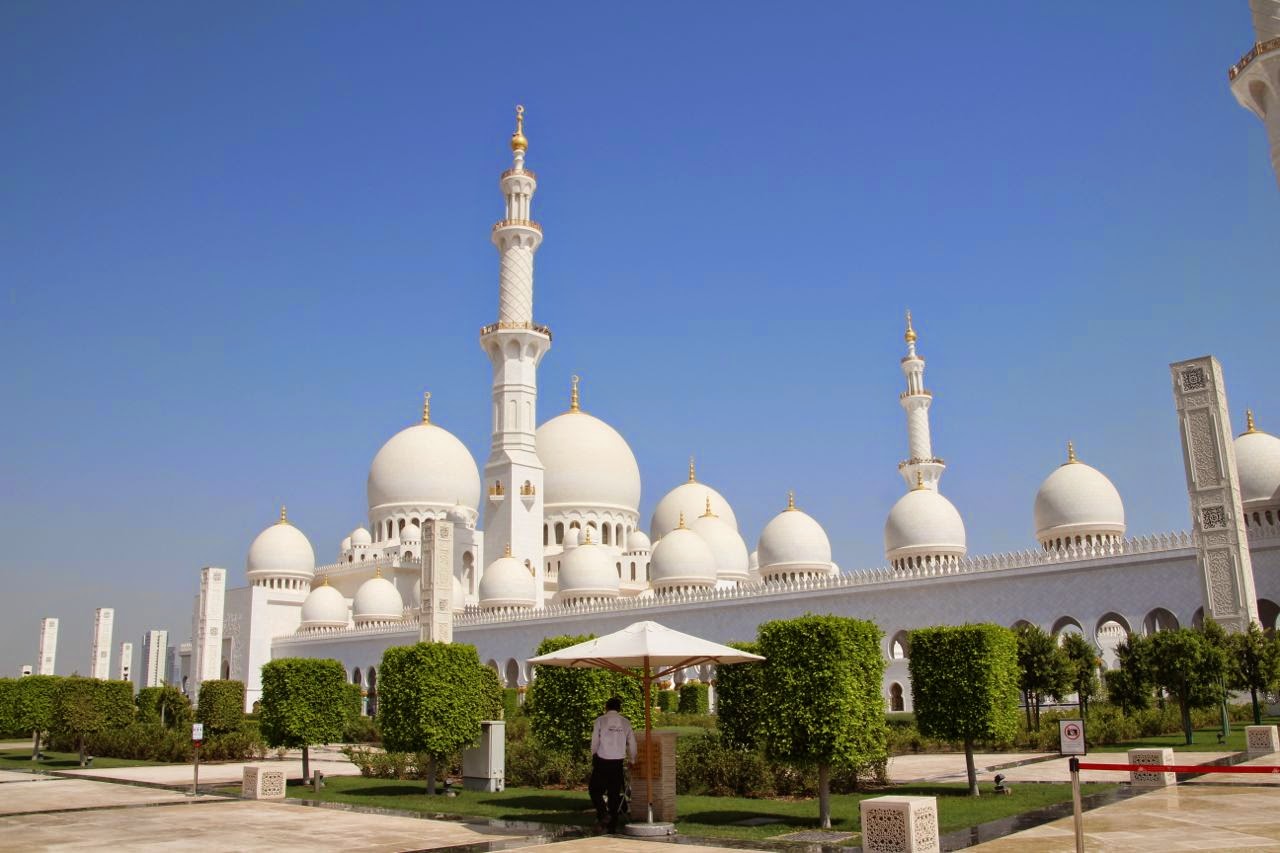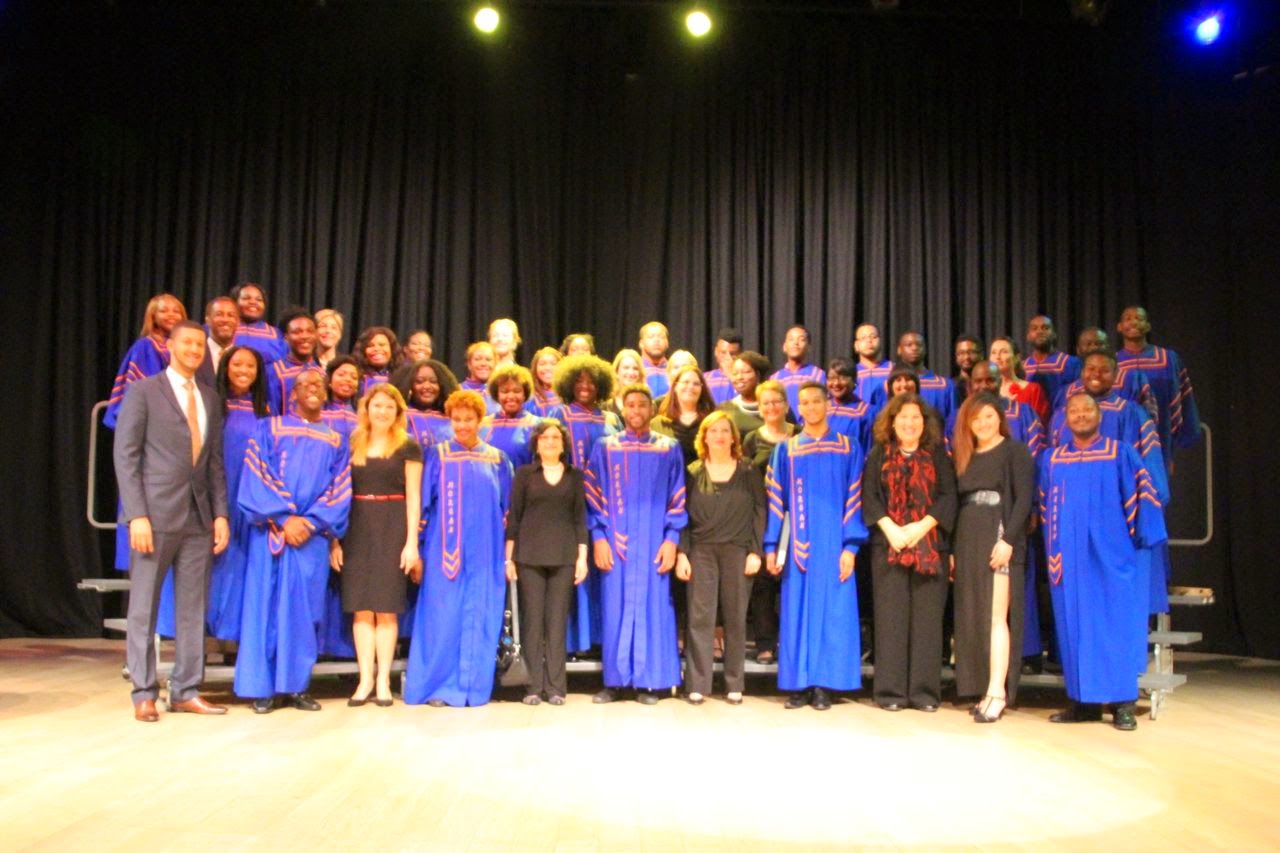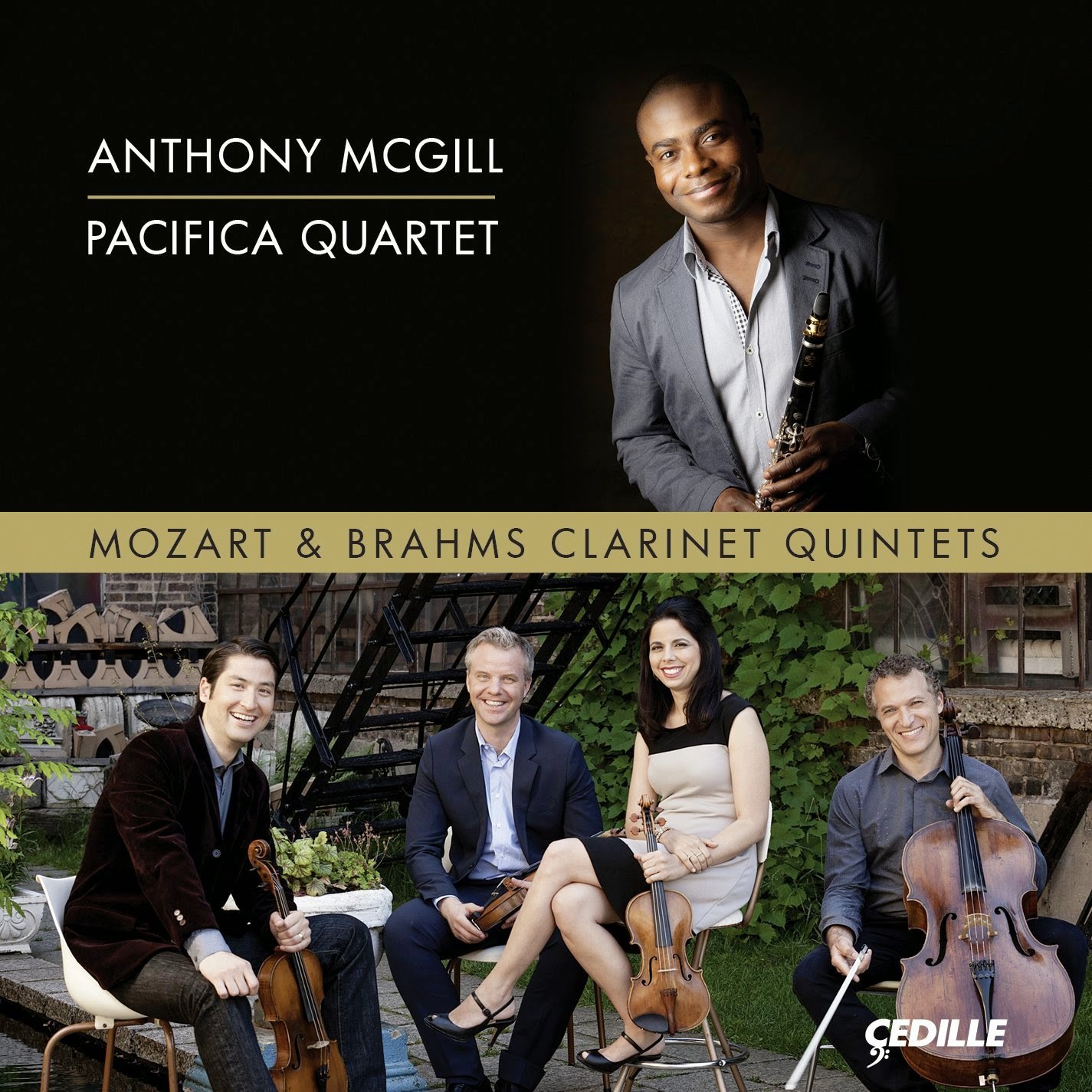Eric Conway, D.M.A.:
Today
was a good day. Quite like Oman, we have two very fine guides for the
the country of the United Arab Emirates. Given that we have two buses
on this tour, one for the choir, and one for the "shadow group", each
guide is assigned to each group. After a very exhausting Carmina Burana
performance on last night, the group was given some latitude for the
activity for the first part of the day.
One
group wanted to sleep in, and not have any formal commitments until our
group dinner at 5:30 PM. This was an excellent option, as this City
Seasons Hotel is the finest of hotel of the tour, with exceptional
amenities with free and fast Wi-Fi! Another option lobbied by the
students was for one bus to go to the beach. This surprisingly was a
popular option among the students, however I could not understand going
to the beach in this heat. I have not spoken about the temperature in
these emails, but as you can guess it is extremely hot in this area of
the world in late May. Today the temperature reached 113 degrees
Fahrenheit. The water is not warm but hot, however, the students said
that they had a great time, although no shade was to be found. The
shadow group & I went to the Abu Dhabi Mosque led by our guide,
considered one of the greatest in the world. One will see many photos
of the mosque in this email with extraordinary architecture and opulent
appointments. Due to the oil money in this region, the Mosques that we
have visited are much more opulent than any cathedrals that we have
visited over the years. As much money as Dubai is known to have across
the world, Abu Dhabi has even more.
We then
visited the Emirates Heritage Club where we were able to purchase some
souvenirs, and learn a little more about the region.
After
the mosque visit and Heritage Club visit, in 113 degree weather, we
were poised to find some good air conditioning. We visited another mall -
the Marina Mall where we had lunch on our own. You will see several
photos from this mall attached.
The
architecture of the buildings of the urban centers of this region is an
architect's paradise. Imagine given the opportunity to design any
building that you could imagine with your mind, and have the funding to
make it a reality. That is what one sees in both Dubai and Abu Dhabi.
You will see many photos in this email of many futuristic buildings
and hotels. Many buildings have solar panels for energy on the top of the
buildings with a slant towards the sun - which makes perfect sense given
that the sun beams down virtually every day, with very little rain.
Some buildings have retractable shells to reduce the sun in the
buildings and reduce air-conditioning costs. The society in both Dubai
and Abu Dhabi are very much more advanced (or better funded) than the
US. Little things like escalators in the malls that only move when a
person approaches the escalator (motion sensitive) gives a sense of an
advanced civilization - or metro trains that are driverless, but do not
collide with any pedestrians or cars. The list could go on, but my goal
is to inform everyone that those in the Middle East are not all
terrorists, but persons who are perhaps even more respectful of others
than Westerners, and certainly many Americans. It's the media that has
given us this perception of those from this region because of a very few
individual extremists or radical subgroups within the culture are all
sinister. They worship God as others in the world, and perhaps are more
pious in many ways than we are.
After the
mall, we had a few hours to rest, eat and leave for our last concert of
the tour at the Brighton College. This concert's format was similar to
others where the local choirs sang a small portion prior to our
presentation. Tonight's concert featured an all female group called
Voices of Harmony and a small mixed chorus named Blue Fever.
Both were good opening acts to our set.
Originally,
there was concern over the sacred nature of our music, and we did amend
our program somewhat, however after a few concerts, we realized that
the audiences really wanted us to sing our Gospel music! Tonight, we
added much new music that we did not sing all tour. One of these new
songs was an arrangement by one of the Morgan students Jasmine Barnes
of Michael Jackson's "Rock With You" with human percussion effects and
all! We added two new Gospel favorites as well "Celebrate!" and "Lord
You are Good!" See links to video below.
The
truly amazing thing about tonight's performance was that in an Islamic
country, we were singing our American Gospel songs, and we were all
worshipping God (Allah) all together - what a wonderful sight! One would
never know that we were from different tribes as we were singing. Music is
the universal language.
Tonight's concert was
special on many levels. Tonight's concert was quite emotional for the
choir as this was the last concert for many persons who have been with
me for years! Although we have enjoyed this tour, and learned a great
deal about Middle Eastern culture, many are ready to get back home to
our families as I am. See links below to a couple of the performances
this evening.
I Know I've Been Changed YouTube Link:
Rock With You YouTube link:
Celebrate YouTube link:
Lord You Are Good YouTube link:
*****************************
Eric Conway, D.M.A.
Fine and Performing Arts Department, Chair
Morgan State University


















































